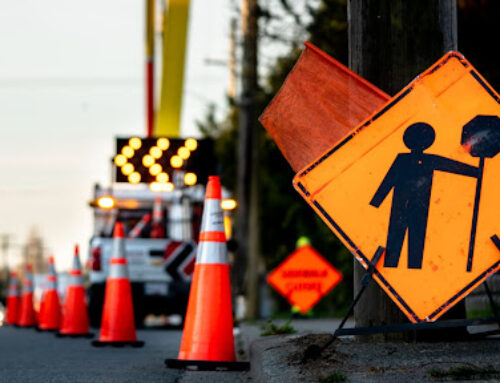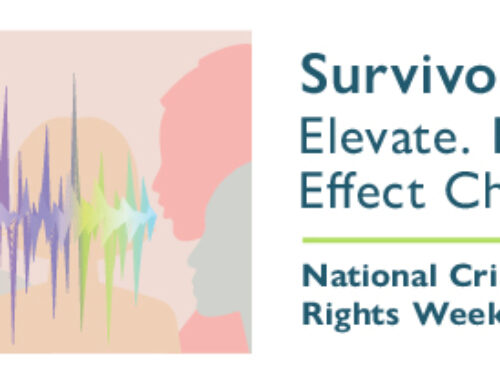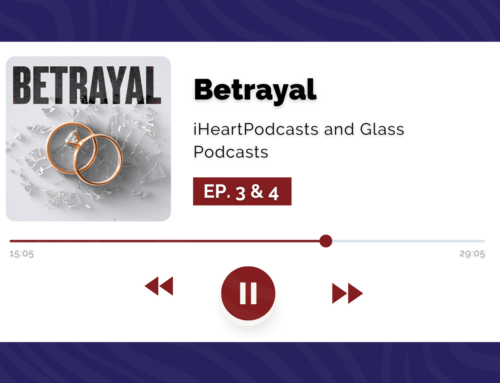If someone’s spouse dies because of another person’s negligence, the surviving spouse can recover for the wrongful death of their significant other.
The loss of a loved one is never easy to navigate, but losing a spouse is especially difficult. The loss of a spouse is not only the loss of a companion and partner but carries with it significant legal consequences. Most spouses rely on their wife or husband for financial support—either partially or entirely. If the spouse’s death was caused by the negligent acts of another person (in a car crash, truck or tractor-trailer crash, negligent security case, or medical malpractice case), the surviving spouse can recover money to compensate them for their loss and help support his or her family. The claims available to the surviving spouse are known as “wrongful death” claims (or death caused wrongfully by another).
A claim for wrongful death allows a jury to award the “full value of the life of the decedent” from the perspective of the decedent (person who died). The claim is made against the individual or corporation who caused the decedent’s death. This individual can be a reckless or drunk driver or even a doctor or medical professional in a medical malpractice case. Corporations like trucking companies can be held responsible for a spouse’s wrongful death when one of their drivers causes an accident, and apartment complex owners and managers can be held liable when they fail to keep a premises from crime or other dangers.
In Georgia, the law is very particular about who can bring a wrongful death claim against another. The decedent’s spouse is considered the next of kin for purposes of the wrongful death lawsuit. That means that the spouse has the right to bring the claim—not the parents, siblings, or other family members.
The surviving spouse technically has 3 different claims: an estate claim, a wrongful death claim, and a loss of consortium claim. The estate claim allows the spouse to recover for the damages their deceased spouse suffered prior to their death. This includes damages like medical bills for injuries related to the claim, funeral expenses, and pain and suffering experienced by the decedent before their death. In other words, in the estate claim, the surviving spouse steps into the shoes of his or her deceased husband or wife and makes the claims the decedent could have made if they had not passed.
For the wrongful death claim, a spouse can recover damages for the “value” of the decedent’s life. Obviously, determining the value of a person’s life is impossible with any level of precession. But a jury in a wrongful death case is tasked with determining an amount using a variety of factors. These include things like the value of being able to spend time with family, going on vacation, or raising children. Wrongful death damages also include more tangible figures like how much the deceased spouse would have earned throughout their life based on how long they were expected to live.
Last, the surviving spouse has a claim for loss of consortium. This claim is not for damages that their deceased spouse could have recovered for, or the value of the decedent’s life, but instead is a claim brought by the spouse to recover for damages suffered by the spouse him or herself. This can include loss of companionship, love, services, intimacy, and other damages resulting from the end marital relationship. While the wrongful death statute of limitations—which limits the amount of time for a spouse to bring a claim—is only 2 years, the statute of limitations for loss of consortium is 4 years. So, a spouse may bring a loss of consortium claim even where the time for their deceased husband or wife’s underlying wrongful death claim has expired.
The lawyers at Rafi Law Firm have seen how the wrongful death of someone’s spouse can turn their world upside down. Rafi Law Firm has not only helped people who have lost a spouse navigate through their hard times, but has achieved significant financial results on behalf of those clients. If you or someone you know has lost a spouse because of someone else’s negligence, call us at 404-800-1156 for a free consultation.
For more information about how to determine the beneficiary for a wrongful death claim, click here.
For a list of grief support groups in the Atlanta area, click here.





